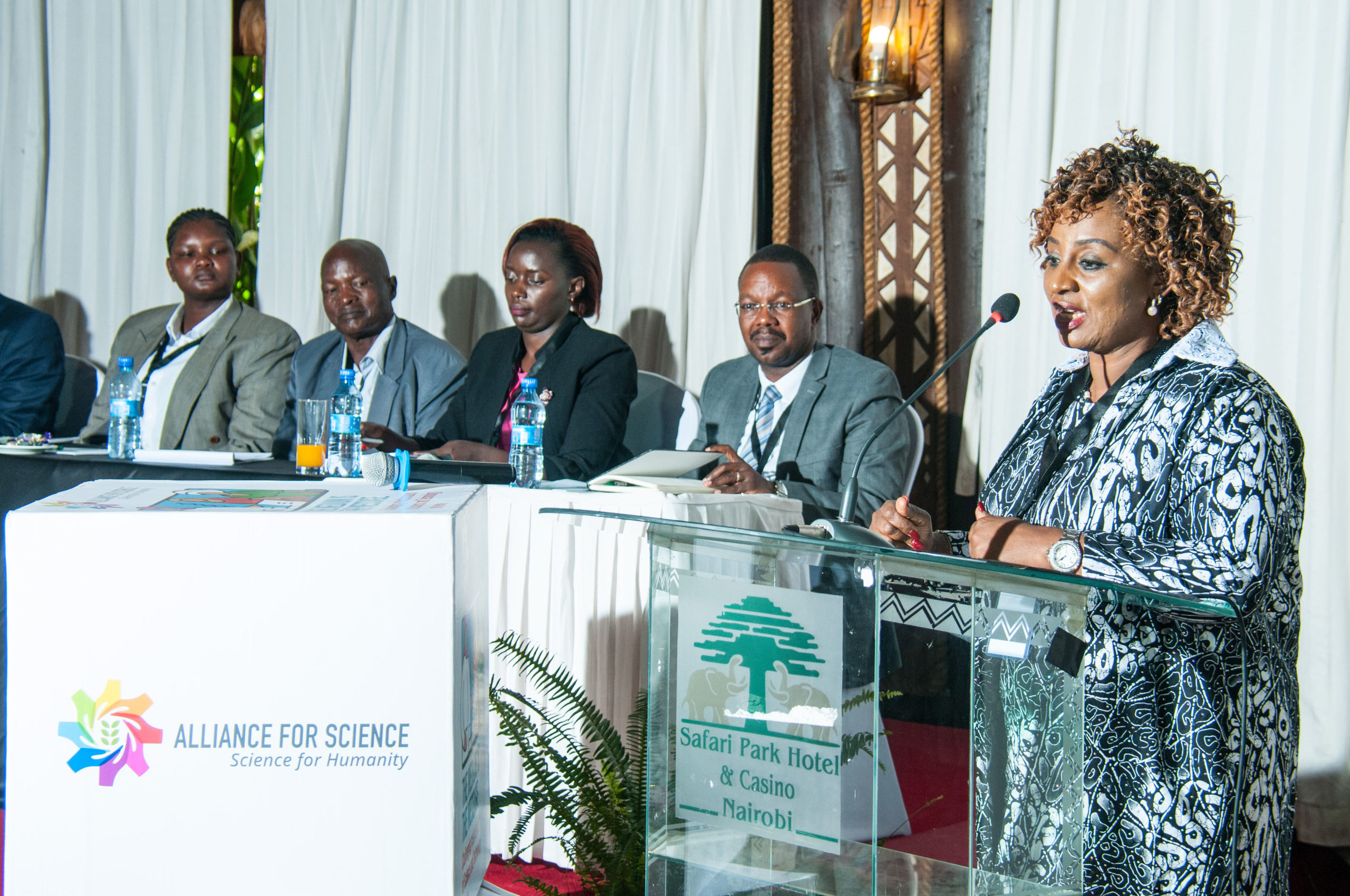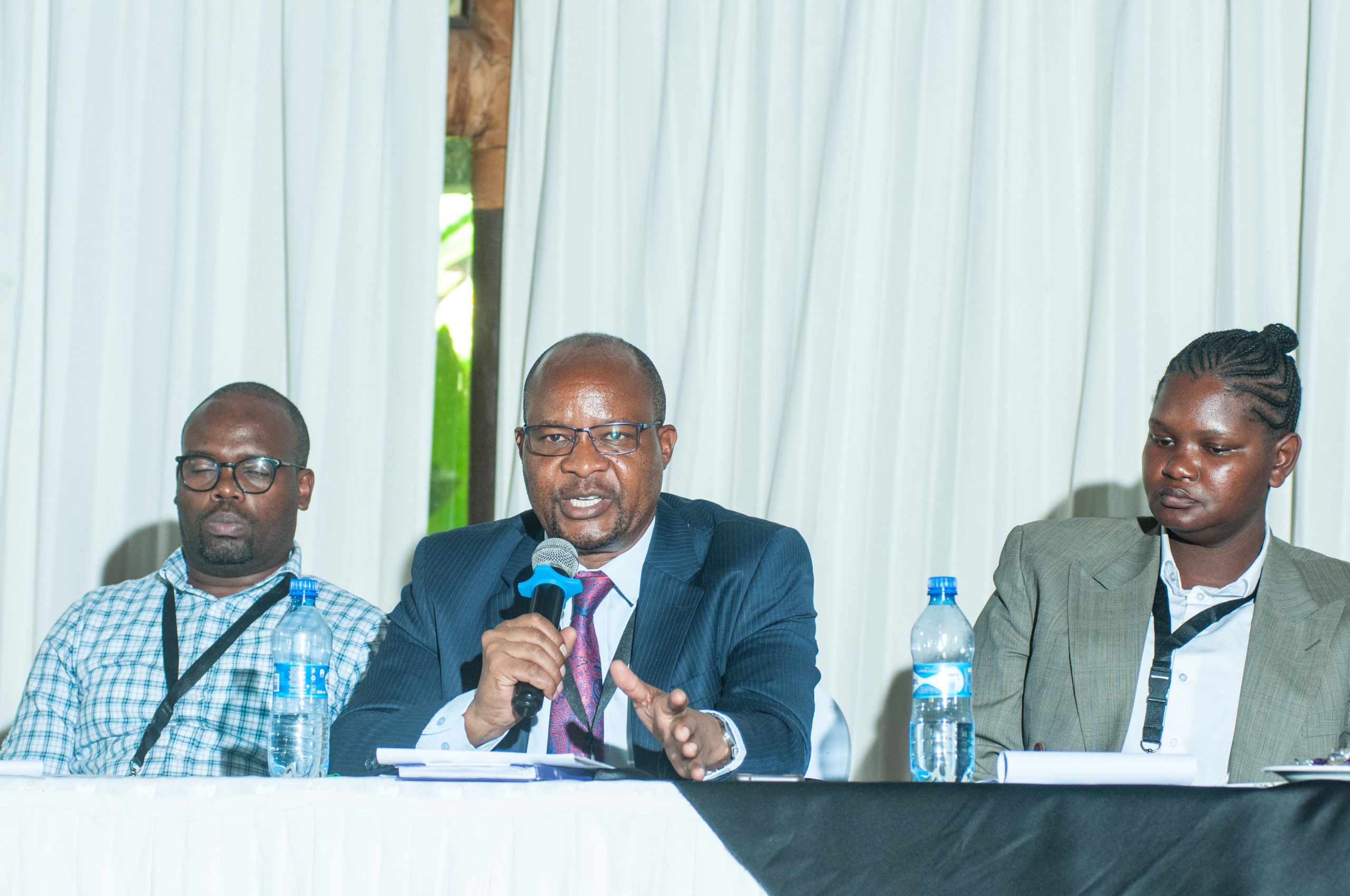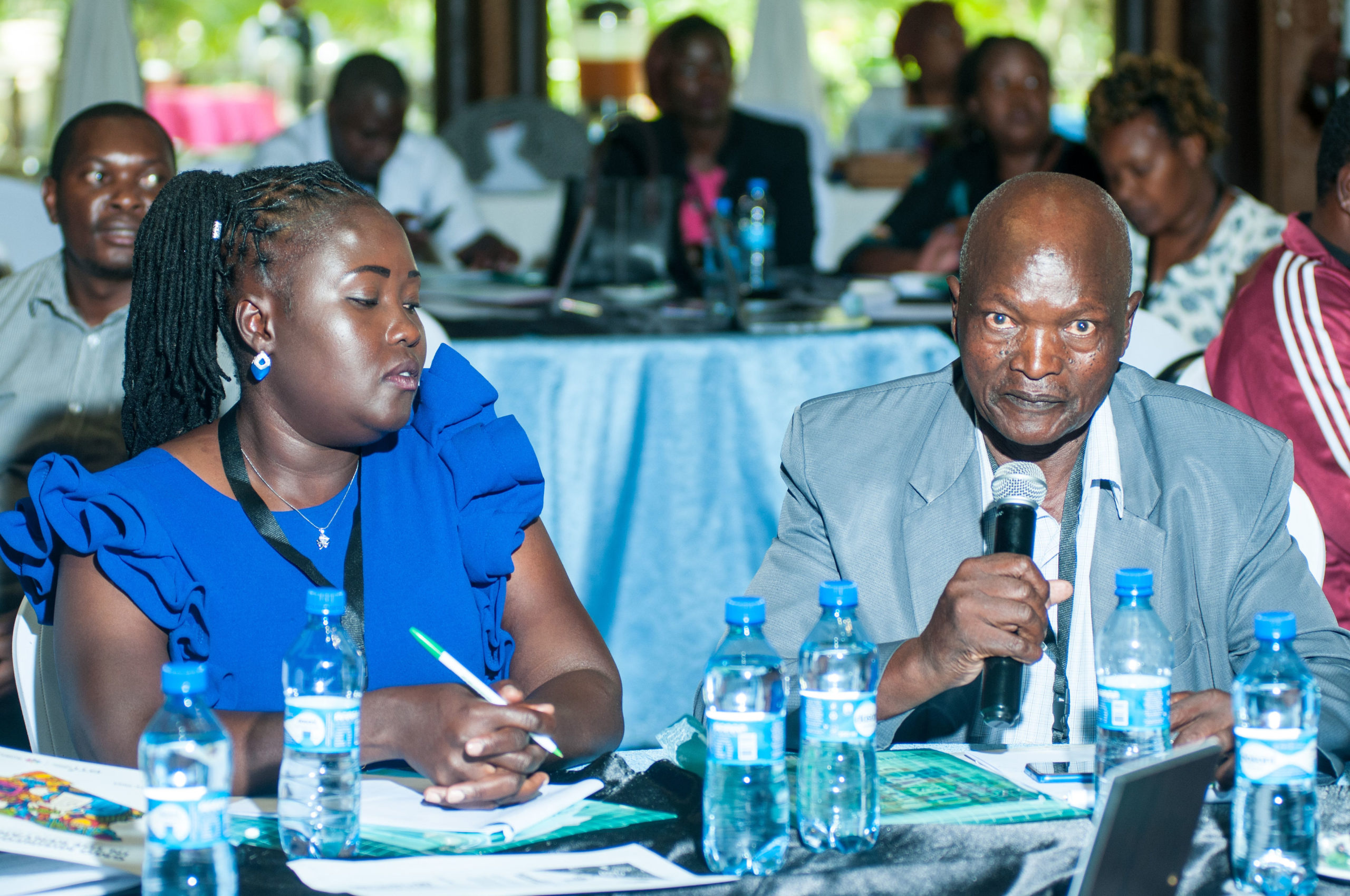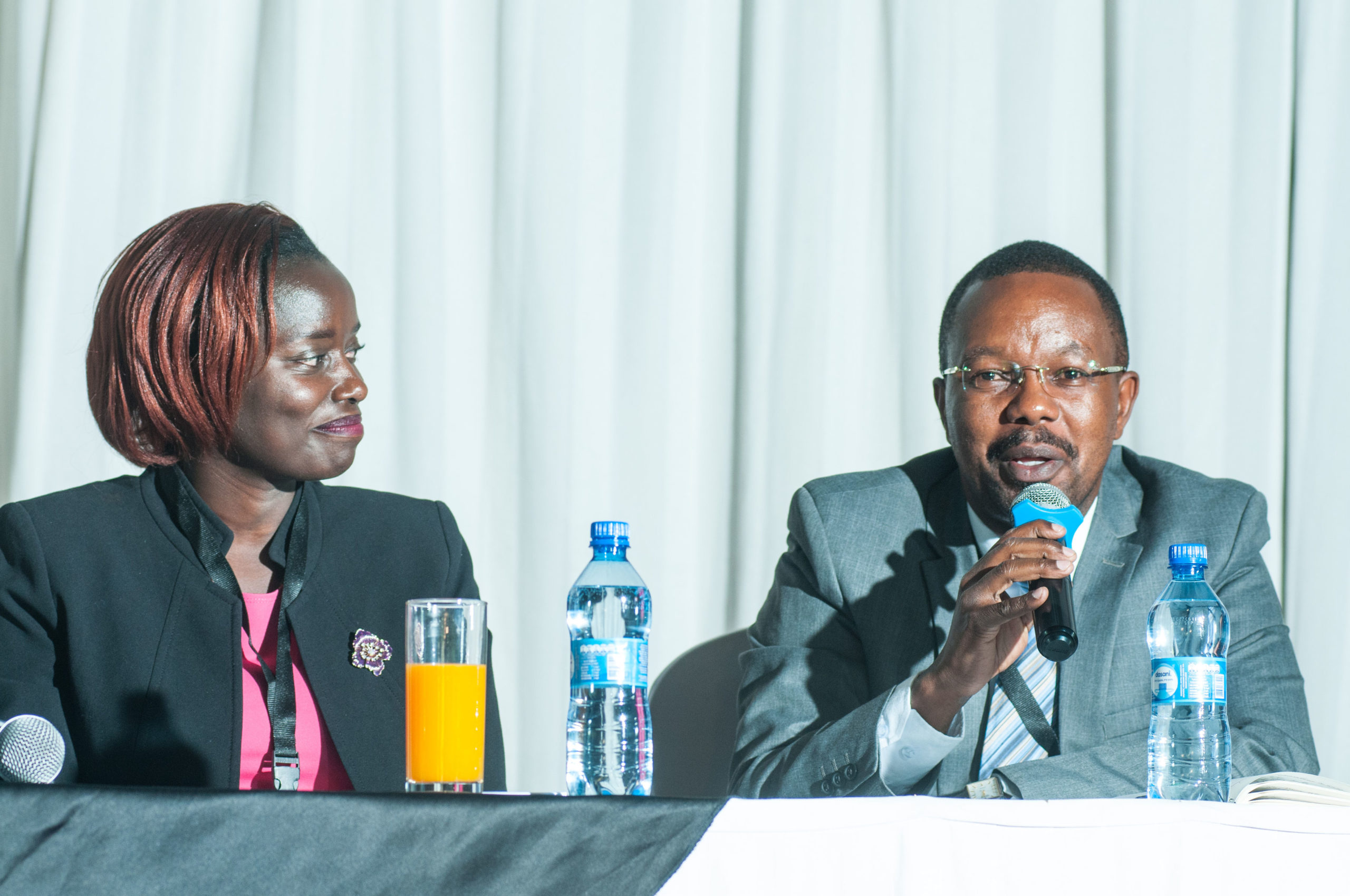The level of misinformation on GMOs in Kenyan media could be the highest in the world, according to a new study by Alliance for Science.
The study reviewed GMO-related stories in Kenyan media over three months, between October 2022 and January 2023.
President Dr William Ruto lifted a 10-year ban on GMOs on October 3, 2022, igniting a debate in the Kenyan media.
The Alliance for Science conducted an earlier study between 2019 and 2021 and found that the global rates of misinformation on GMOs were at nine percent with rates in Africa as high as 20 percent.
The recent study assessed 376 published articles and found that 151 of them — 40 percent — contained anti-GMO misinformation.

“It will be very difficult for Kenyan citizens to make informed decisions about GMOs in the face of this storm of misinformation,” said Dr Sheila Ochugboju, the Alliance for Science director.
“Scientists around the world have assessed GMOs and have reached a strong consensus that new techniques for breeding crops such as genetic modification are not riskier than older approaches, thus any claims about negative health effects of GMOs are 100 percent false and must be reported as such in the media.”
Dr Ochugboju, who is passionate about accurate science communication, said that one way of filtering what is good and bad is to know what is true and find trusted sources.
Biotechnology will play a role in food security but this misinformation could cost lives now and in the next season, and that is why we are taking it seriously
She added that it is the responsibility of science communicators to help bridge that gap and make it easy for people to find trusted sources.
She stated that it is important to train people on basic scientific understanding with basic ways of interrogation so that when falsehoods come, it would be easy to filter.
According to the study, most of the misinformation came from prominent political figures.
Misinformation could cost lives
They spoke about the negative health effects of GMOs which were repeatedly unchallenged by media outlets.
Dr Ochugboju said Kenya has to find solutions to food security, part of which will be drought-tolerant seeds.
“Biotechnology will play a role in food security but this misinformation could cost lives now and in the next season, and that is why we are taking it seriously,” she said.
The results of the study were released in Nairobi at a forum that brought together different stakeholders and sources who will partner to look for the truth.

“We need to get partners with whom we can walk the journey of public education and awareness,” said Dr Roy Mugiira, the chief executive of Kenya’s National Biosafety Authority.
“Out of our interactions with different stakeholders, we have found out that our weakest point is on public education and awareness, and our aim will not be to advocate for biotechnology but to educate the masses on the pros and cons of the technology.”
Rigorous processes
The National Biosafety Authority is a State corporation tasked with ensuring the safety of human and animal health.
Dr Mugiira said that Bt cotton was taken through all the regulatory processes before being approved to be taken to the farmers’ fields.
He assured Kenyans that Bt maize will be taken through the same rigorous processes.
He urged the government to increase funding for the institution which suffered a setback after the 2012 ban on GMOs.

“Farmers need sufficient information about this new technology, and it is the responsibility of the scientists and these institutions to engage the farmer more and give them information,” said Daniel Magondu, the chair of the Society for Biotech Farmers in Kenya (SOBIFAK).
SOBIFAK is a farmers’ association that engages with all biotechnology stakeholders, such as scientists, policymakers, media, women, and the youth in advocating for new agricultural tools like GMOs.
The government has recognized that there has been misinformation and acknowledged that they can do better, so there is hope Kenya will be a leader in Africa in disseminating facts about GMOs
Magondu said that government institutions and other non-governmental organizations, like the Open Forum for Agricultural Biotechnology, (OFAB) have been organizing field trips for farmers to interact with information first-hand.
“It is as a result of those seeing-is-believing tours that we saw the benefits of Bt Cotton and informed our decision to plant it, and we have seen the Bt maize in the demonstration farms, and now we want the seeds,” Magondu said.
He added: “Why should we keep sharing our sweat with pests and diseases when there are crops that are resistant to them and can provide a solution? For example, when we plant maize, we begin by spraying against fall armyworms, then before long, we will be fighting the maize stalk borer, then when we harvest, there is aflatoxin, and then even after storing the little we get, we will still need to fight storage pests. It is time to change how we farm.”

Martin Mwirigi of Kenya Agricultural and Livestock Research Organization (KALRO) who was also at the launch of the GMO misinformation report said that the organization has been partnering with schools and young scientists to create interest in science at an early age to enable the youth to differentiate facts from misinformation.
“We have a center where young students come to learn and do simple DNA extraction and other experiments under supervision, and this is a good way of getting young people to understand the information as early as possible,” he said.
There is hope
Dr Ochugboju believes there is hope for Kenya appreciating the efforts by President Ruto in addressing misinformation, saying that since he is a scientist, he understands the power of objective truth.
“The government has recognized that there has been misinformation and acknowledged that they can do better, so there is hope Kenya will be a leader in Africa in disseminating facts about GMOs,” she said.
She urged the media to contact scientists to give proper context when prominent people make false statements and to inform the people if statements are false.
Read more here:
GMO MISINFORMATION IN THE KENYAN MEDIA: A quantitative study by the Alliance for Science
Summary: GMO MISINFORMATION IN THE KENYAN MEDIA: A quantitative study by the Alliance for Science
Press Release:Media misinformation on GMOs “worst in the world” in Kenya, study finds
https://allianceforscience.org/wp-content/uploads/2023/02/Press-Release-Closing-the-GAP.pdf
